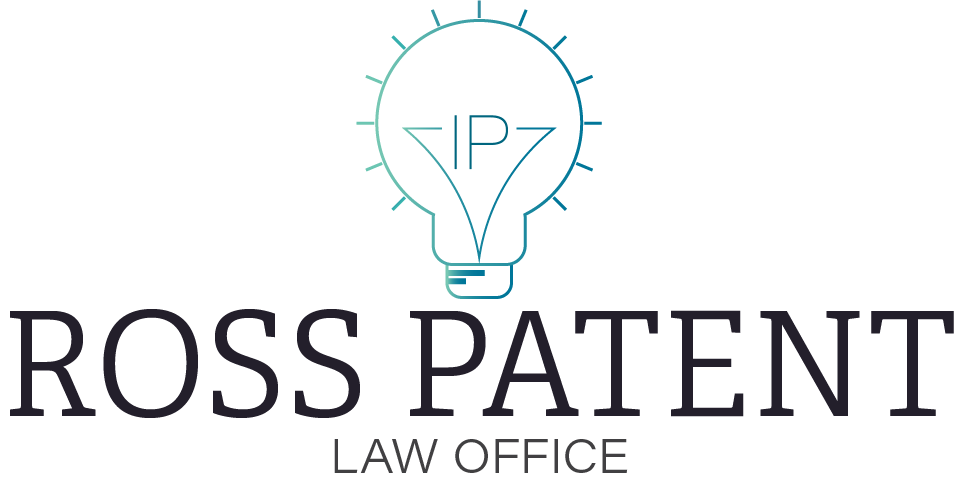Future-proofing Intellectual Property: Navigating the Evolving Landscape of IP in 2024
Understanding Intellectual Property in 2024
What are the basics of intellectual property rights?
Intellectual property (IP) refers to creations of the mind, such as inventions, literary and artistic works, designs, and symbols, names, and images used in commerce. IP rights give creators exclusive rights to their creations, encouraging innovation and creativity.
How has the concept of IP evolved over the years?
The concept of IP has evolved significantly, influenced by technological advancements, globalization, and changing business landscapes. In 2024, the protection and enforcement of IP rights are more crucial than ever due to the digital age.
What are the key challenges facing IP protection in 2024?
Key challenges include AI-generated content, copyright infringement, and protecting trade secrets. With the rise of new technologies, ensuring robust IP protection mechanisms is imperative for businesses to safeguard their creations.
The Role of AI in Intellectual Property
How is AI shaping the future of intellectual property?
Artificial intelligence (AI) is revolutionizing the IP landscape by streamlining processes, analyzing vast amounts of data to identify IP trends, and generating insights for IP strategies.
What are the implications of AI on IP laws and regulations?
The integration of AI in IP laws poses challenges in areas such as patent filings, copyright protection, and trademark registrations. Regulators are adapting to the use of AI in IP, ensuring laws align with technological advancements.
How can businesses leverage AI for IP protection?
Businesses can utilize AI tools for IP analytics, monitoring IP infringement, and optimizing filing strategies. AI enhances IP management by offering predictive insights and enabling proactive IP protection measures.
Navigating Patent Laws and Regulations
What are the latest trends in patent applications?
In 2024, patent applications are increasingly focused on emerging technologies such as blockchain, AI, and biotechnology. Companies are seeking patents to protect their inventions and maintain a competitive edge in the market.
How can companies protect their inventions through patents?
Companies can safeguard their inventions by filing for patents, conducting thorough patent searches to ensure novelty, and navigating the complex patent application process with the assistance of IP firms and attorneys.
What are the potential pitfalls of patent infringement?
Patent infringement can lead to costly legal battles, damage to a company's reputation, and loss of market exclusivity. Understanding patent laws and actively protecting patents are crucial to avoiding infringement issues.
Trademark Protection Strategies in 2024
How can businesses safeguard their trademarks in the digital age?
In the digital age, businesses must monitor online platforms, utilize trademark monitoring services, and take proactive measures to combat trademark infringement and counterfeiting.
What are the key considerations when registering a trademark?
When registering a trademark in 2024, businesses need to consider factors such as international trademark protection, trademark renewal requirements, and the evolving nature of trademark laws and regulations.
How has the enforcement of trademark rights evolved in 2024?
Trademark enforcement has become more sophisticated with the use of data analytics, AI tools, and partnerships with IP service providers. Companies are leveraging technology to enhance trademark protection and combat infringements effectively.
Ensuring Compliance with IP Laws
What are the essential steps for IP rights registration?
Essential steps for IP rights registration include conducting IP audits, identifying valuable IP assets, filing for copyrights and trademarks, and establishing internal IP protection protocols.
How can companies stay ahead of IP law changes?
Companies can stay ahead of IP law changes by monitoring legal developments, engaging with IP attorneys and law firms, participating in IP seminars, and investing in IP education for employees.
What are the consequences of failing to protect intellectual property?
Failing to protect intellectual property can result in loss of revenue, reputational damage, legal disputes, and decreased competitiveness. Proactive IP protection strategies are essential to avoid such consequences.



